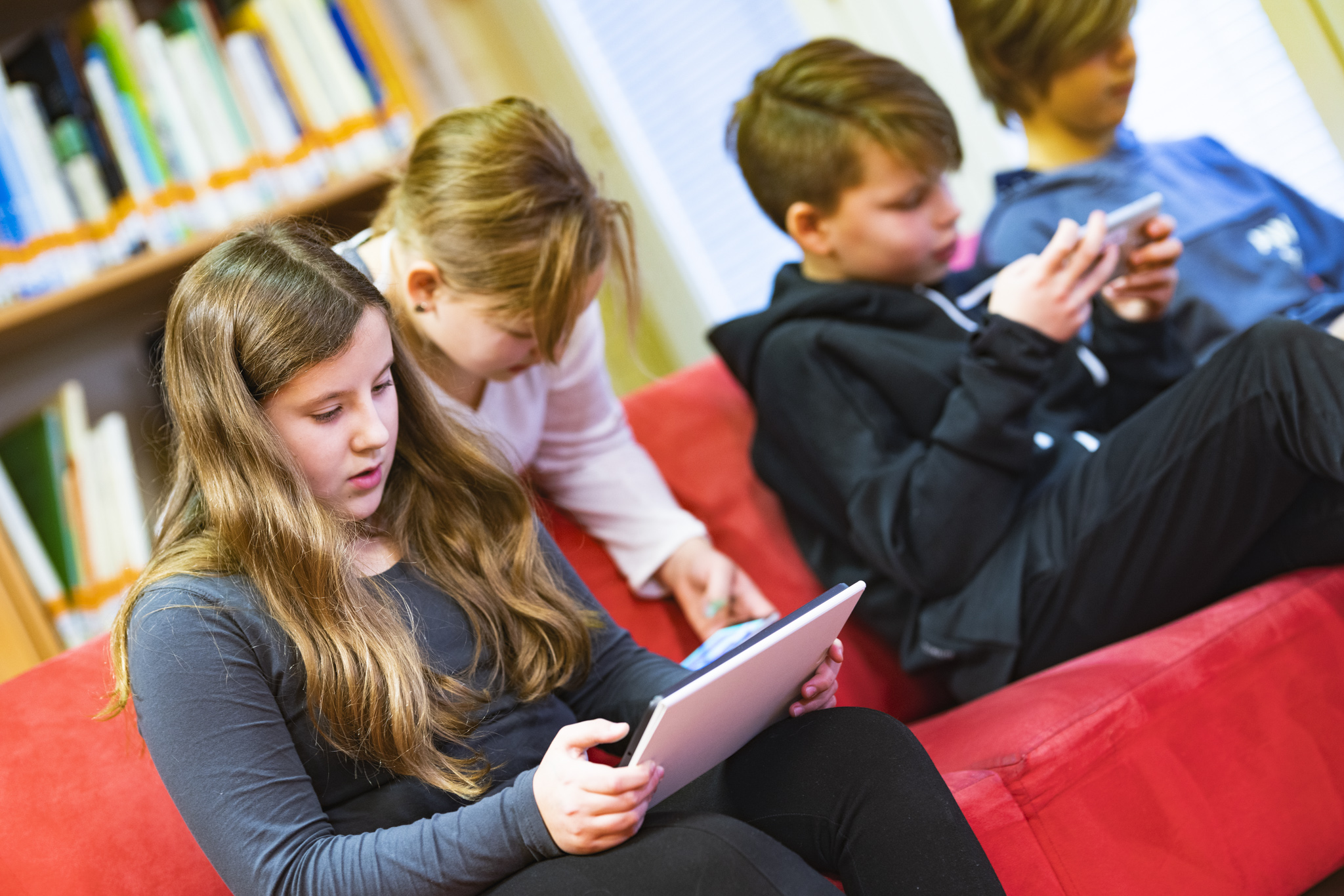
Project background
Well-being at school (2017-2019)
The idea of Well-being at school project was born after National Institute for Health and Welfare had conducted youth and school surveys in Ostrobothnia region. These results, as well as a suggestions brought by youth councils to turn schools into more welcoming and friendly places had been the beginning of our work. The important issues highlighted by our target group were i.a.: supporting the healthy development resulting in high self esteem and solving a problem of lack of friends.
Youth surveys raised the concern about common experience of loneliness, depression and anxiety symptoms among young people in the region. The schoolchildren had also encountered bullying and aggressive behavior. According to studies, a home that provides clear borders, love and opportunity to discuss issues, predicts a strong psychological and social capacity for the child. The youth survey in Ostrobothnia shows a statistically significant positive link between inclusion (belonging experience) and mental health.
The aforementioned research results, as well as interviews and discussions with professionals and institutions in the region have led to the measures to ensure everyone’s well-being at school. This has required the will and cooperation of many parties.
From the very beginning the project has been supported by Vaasa City Primary Schools, Vaasa Region Associations, Vaasa Region Parents, Ohjaamo project, The Finnish Association for Mental Health, KOKOA Ry- the well-trained experience of the Ostrobothnia region, Professor Raimo Lappalainen and Postdoctoral Researcher Päivi Lappalainen from the Department of Psychology at Jyväskylä University, Finnish Parents’ Association and Vaasa Youth Council.
MIELI Mental Health Ostrobothia and the Department of Psychology at Jyväskylä University will continue developing a learning game designed for children in 1-3 grades in 2020-2022.
Magis game
Magis game and a group model have been developed to strengthen children’s mental health and prevent bullying. They make a stepwise staggered model for teaching well-being skills to children in grades 4-6 based on acceptance and value-based approaches.
Magis – Magic Adventure is a mobile game that allows a child to learn well-being skills while on an adventure in the world of a magic school. Magis has been developed by professionals in psychology and mental health care, education and game development. Storytelling and conversations with the characters in the game are the core of this learning game. Through them, the player learns different ways to face everyday challenges. In addition, the game explores, among other things, how to deal with difficult emotions, how to identify things that are important to yourself, how to take another person’s perspective, and how to approach things that are difficult for yourself.
The Magis game is played for about 15-30 minutes in classroom. Participants then complete tasks (material in Finnish and Swedish) designed to increase the effectiveness of the game. Class meets 4 times, once a week and the session lasts about one hour at a time.
The game is available for free in Finnish, Swedish and English, from Google Play Store and App Store or the browser version, magis.fi Recommended browsers are Chrome and Firefox.
Oma juttu groups
The Oma juttu group, My Story, is aimed for children who have a need for support. The need for support can be related to, for example, emotional life, social skills, concentration, friendships, bullying. The material, designed for children in primary school, helps identify things that are important to them and deal with thoughts and feelings in a flexible way. Children are guided to the group through student care. The group meets 6 times and the duration of one session is 1.5 one hour.
ACT-method
The Magis Game and Oma juttu group model is based on an acceptance and value-based approach to supporting well-being and developing emotional and social skills. The approach utilizes the methods and principles of Acceptance and Commitment Therapy (ACT) as a tool to support well-being. The approach can be exploited at different ages, from children and young people to the elderly. It is also suitable, for example, for promoting well-being at work and management skills, as well as lifestyle and sports coaching.
A key goal of the acceptance and value-based approach is to practice skills that contribute to well-being. When approaching children’s well-being from the perspective of developing key skills, the goal may be, for example, to develop the ability to direct attention to one’s own work, observe thoughts, question their authenticity, or address feelings of resentment towards family or friends.
The approach highlights six complementary skills:
- The ability to recognize what is important to oneself
- The ability to perform actions that are important to oneself
- The ability to accept feelings and thoughts
- The ability to take distance from thoughts
- The ability to be present
- The ability to find a permanent self